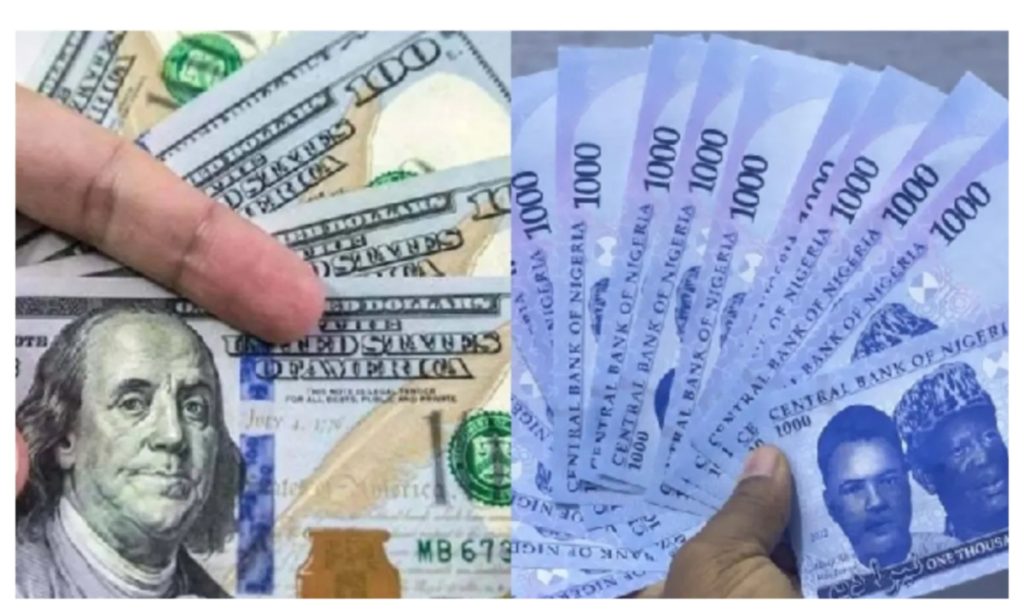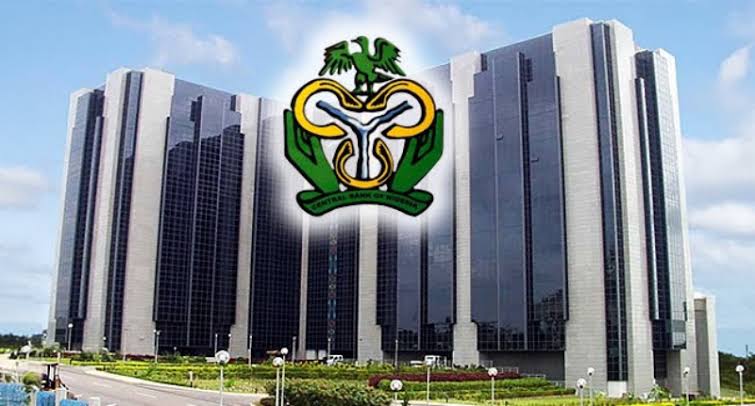The Nigerian Senate has witnessed a significant shift in its political landscape as Senator Samaila Dahuwa Kaila, representing Bauchi North, defected from the Peoples Democratic Party (PDP) to the All Progressives Congress (APC). This move reduces the PDP’s representation in the Senate from 28 to 27 members.
The current configuration of the 109 senators in the Senate stands at APC 74, PDP 27, Labour Party 4, All Progressives Grand Alliance (APGA) 2, New Nigeria Peoples Party (NNPP) 1, and Social Democratic Party (SDP) 1. Senator Kaila’s decision to defect was communicated in a letter to the Senate President, Godswill Akpabio, which was read during a plenary session on Tuesday.
According to Senator Kaila, his defection was prompted by the ongoing crisis within the PDP, which he believes has hindered his ability to effectively serve his constituents. In his letter, he stated that the challenges within the PDP have “gravely constrained” his capacity to discharge his constitutional responsibilities. He expressed his commitment to serving the nation and his people, and his desire to realign his political engagements with a platform that embodies good governance, unity, and progress.
Senator Kaila cited President Bola Tinubu’s reforms as a key factor in his decision to join the APC. He described the President’s initiatives as “bold and transformative” and expressed his support for the efforts to restore economic stability, strengthen governance, and reposition the country for sustainable growth. The Senator believes that President Tinubu’s leadership represents the kind of decisive direction Nigeria needs to move forward.
The defection of Senator Kaila is likely to have significant implications for the political landscape in Nigeria. As the country continues to navigate its economic and governance challenges, the shift in the Senate’s configuration may influence the passage of key legislation and policy initiatives. The move also underscores the ongoing realignments within Nigeria’s political parties, as politicians respond to the evolving needs and priorities of the country.



